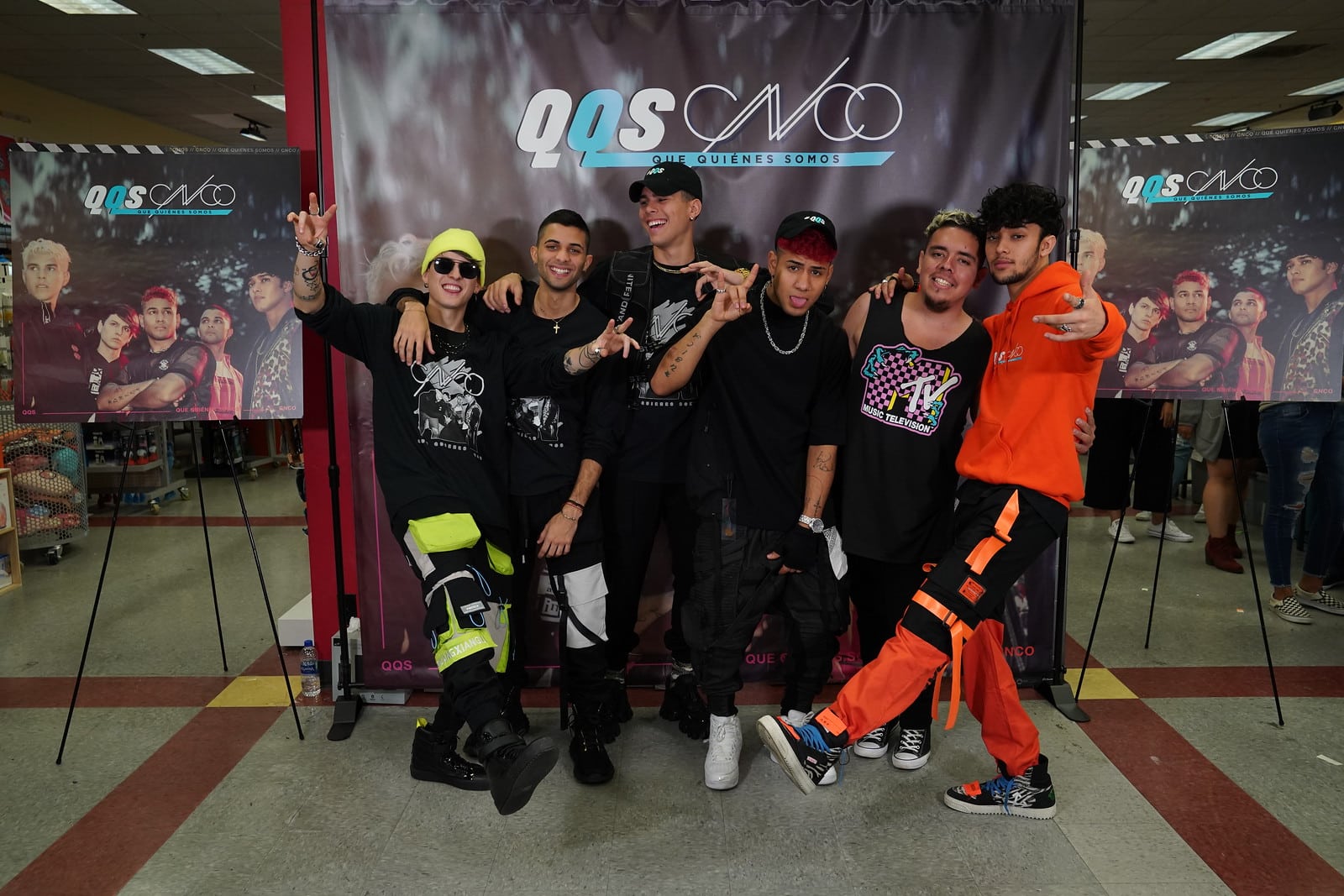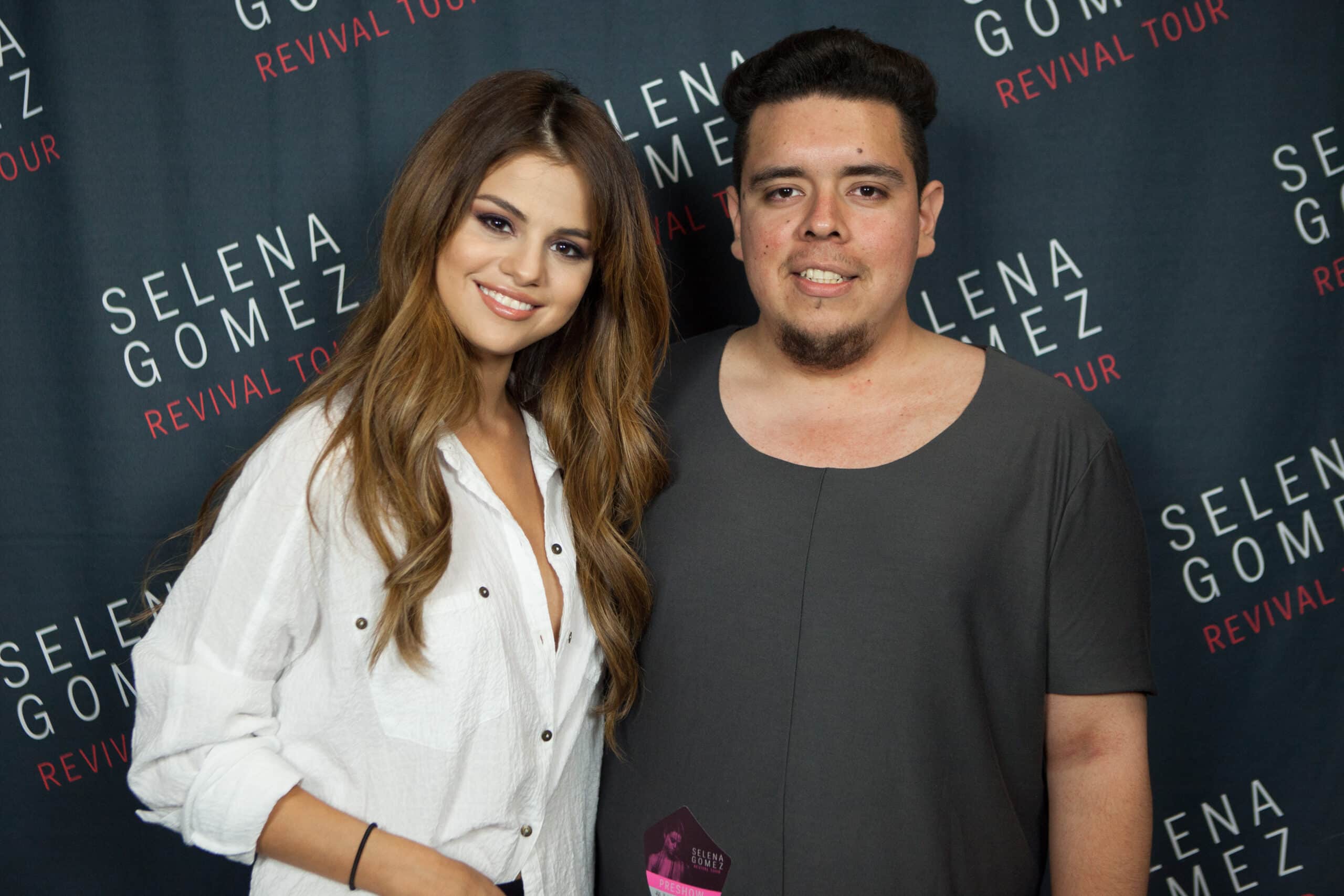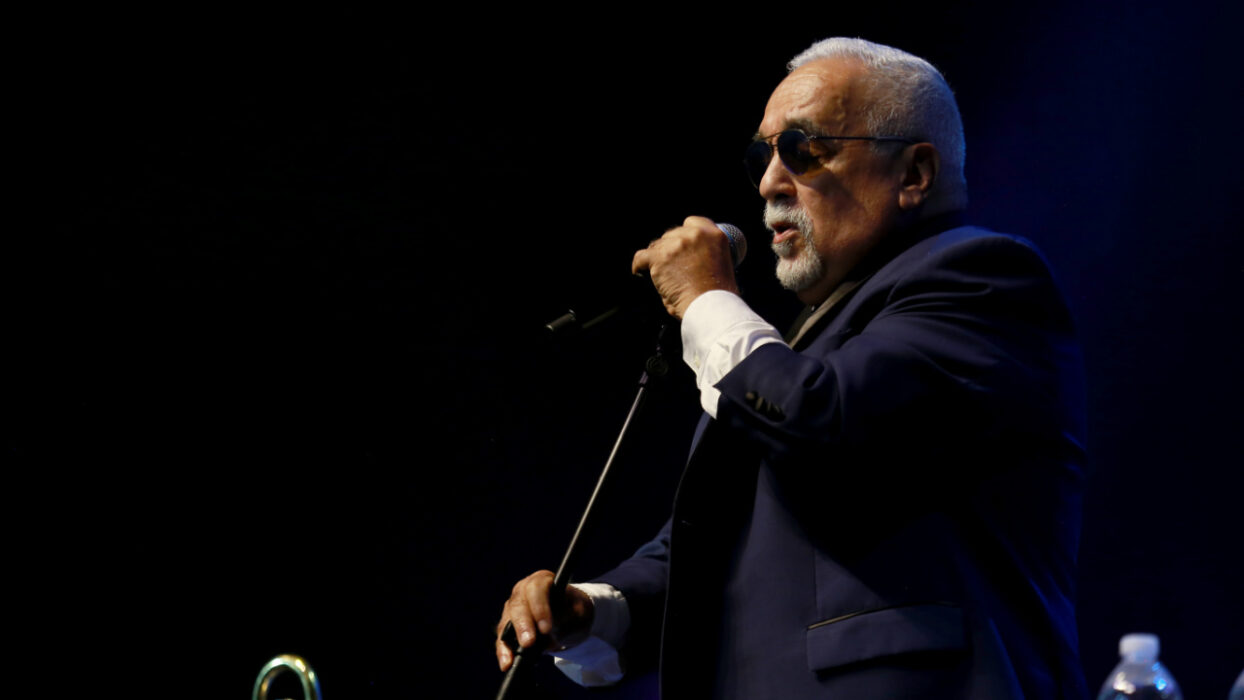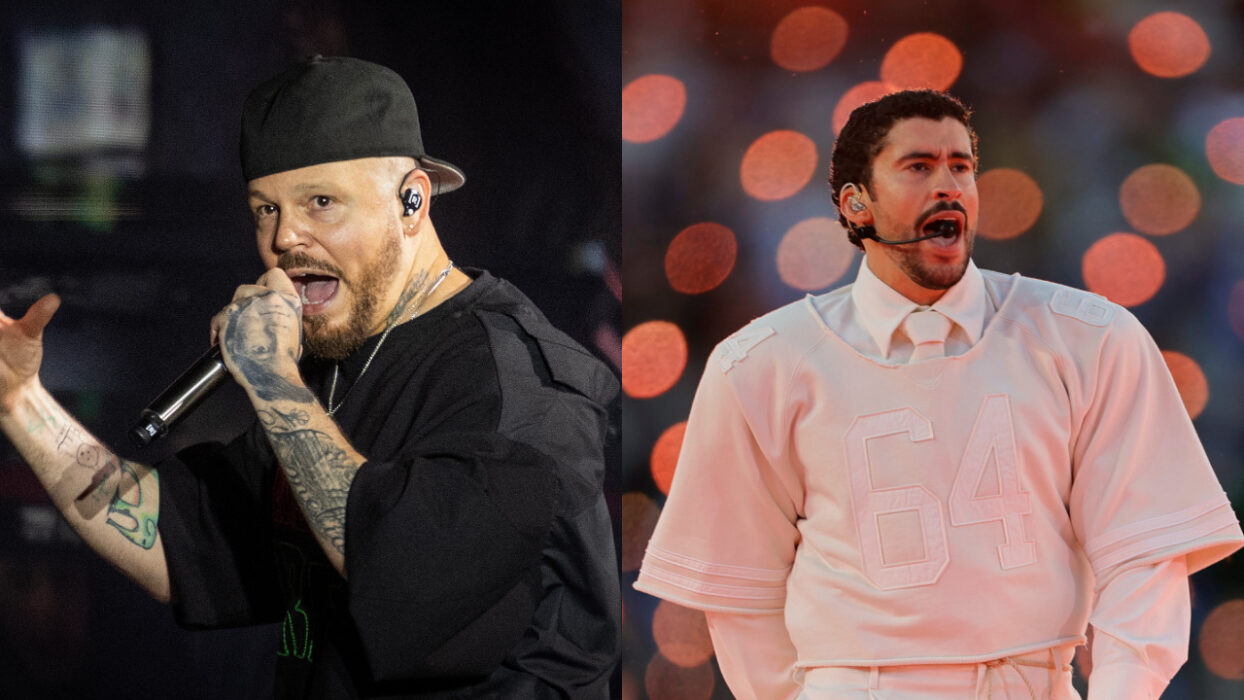
Lucas Villa Has Been Bringing The LGBTQ+ Perspective To Latin Music Journalism For Years
One of the biggest critiques of Latin music is the homophobic nature of the genre and some of the artists. Recently, people like Bad Bunny have taken an active stance in creating a safe space for LGBTQ+ fans within Latin music fandoms. Lucas Villa is one journalist who has spent years using his LGBTQ+ experience in his career interviewing some of the top Latin music acts in the world.
Lucas Villa long knew that he wanted to be a music journalist.
Since he was younger, Villa has been a fan of Britney Spears. The pop powerhouse was everywhere for years as her career took her all over the world and into everyone’s living rooms. Villa was such a fan that he was collecting all things Britney so her iconic 1999 Rolling Stone cover caught his eye.
“I opened the magazine and that was my first exposure to music journalism. That’s when I saw that people could get paid to write about artists and review music,” Villa, a writer for Latido by mitú, From there, it became a life goal of mine to get into that field. Growing up, I was always reading music websites, but I didn’t actively pursue music journalism until college. When I went to UCSB that’s when I started I was writing for the school newspapers and I also had a radio show.”
Villa’s career leaned into his Latinidad by giving English-language publications Latin music content.

Villa’s dream was to write for multiple publications, but the top three were Billboard, Rolling Stone, and MTV News. These are the top-notch music publications and the case for most English-language outlets was that Latin music was rarely discussed within them. Villa knew that he could create a space for himself in the music journalism world that was desperately needed.
Despite several rejections at first, Villa persisted and continued to pitch to his dream publications. After a while, the nos turned into yeses and his dream to write for the largest music publications started to materialize. This led to Villa being able to speak to some of Latin music’s biggest names.
Villa says that he feels connected with certain artists because of their similar upbringings.

“My favorite interview is this exclusive I did for Billboard where I got Christina Aguilera, Thalía, and Paulina Rubio in the same feature,” he recalls. “This was for the 20th anniversary of their biggest Latin albums. Talking with Christina Aguilera about her Mi Reflejo album was one of my dream conversations because I can relate to her as pocho/a who didn’t embrace their roots until working in the Latin space. I’ve definitely learned more Spanish and learned more about myself as a Mexican-American in this space.”
Through these similarities, Villa is able to connect with the artists he is interviewing. The pocho identity shared with Joel Pimentel formerly of CNCO is another moment when Villa felt represented and proud to represent his community in the music industry.
Being a member of the LGBTQ+ community, Villa wanted to bring more representation to that community.

Villa says that he was always a fan of pop stars as a child and felt seen by them but always wanted to know their thoughts on the LGBTQ+ community. As a music journalist, he takes the time to ask the artists that question directly, especially with Latin music stars that other LGBTQ+ people connect with.
“I saw that I had these opportunities to ask about my community. We don’t really hear our community talked about in the Latin music space and I wanted to change that,” Villa says. “That amazing feeling I would get from seeing an artist mention the community, I want to be able to give that to a fan in the LGBTQ+ that might be reading my work. I want them to feel seen and to feel represented.”
One of his favorite moments was talking to Selena Gomez.

During a conversation with the pop singer, Villa asked about her connection to the LGBTQ+ community. She gushed about the support the community gave her on her single “Naturally” and how important that was for her career. That endeared her to the LGBTQ+ community and she has been a strong ally for years. She also voiced her support for the Equality Act that would give the LGBTQ+ community federal rights and protections.
It is in the moments that he gets to highlight his full identity that Villa feels his purpose.

“I definitely feel more like an underdog from being not only Latinx but also gay in this publishing space. It’s still such a struggle to get these bigger English outlets to take Latin music and Latinx seriously,” Villa says. “There are billions and billions of streams and views behind these artists and some of these editors still don’t get it. That’s why when I’m able to help any Latinx artist get coverage in these outlets, I feel like I’m fulfilling my purpose as a Mexican-American writer in helping them break through.”
He added: “I feel really proud to be helping out my Latinx people when I’m able to. On top of that, I’m also trying to represent the queer perspective for my LGBTQ+ community. The intersectionality is jumping out.”




